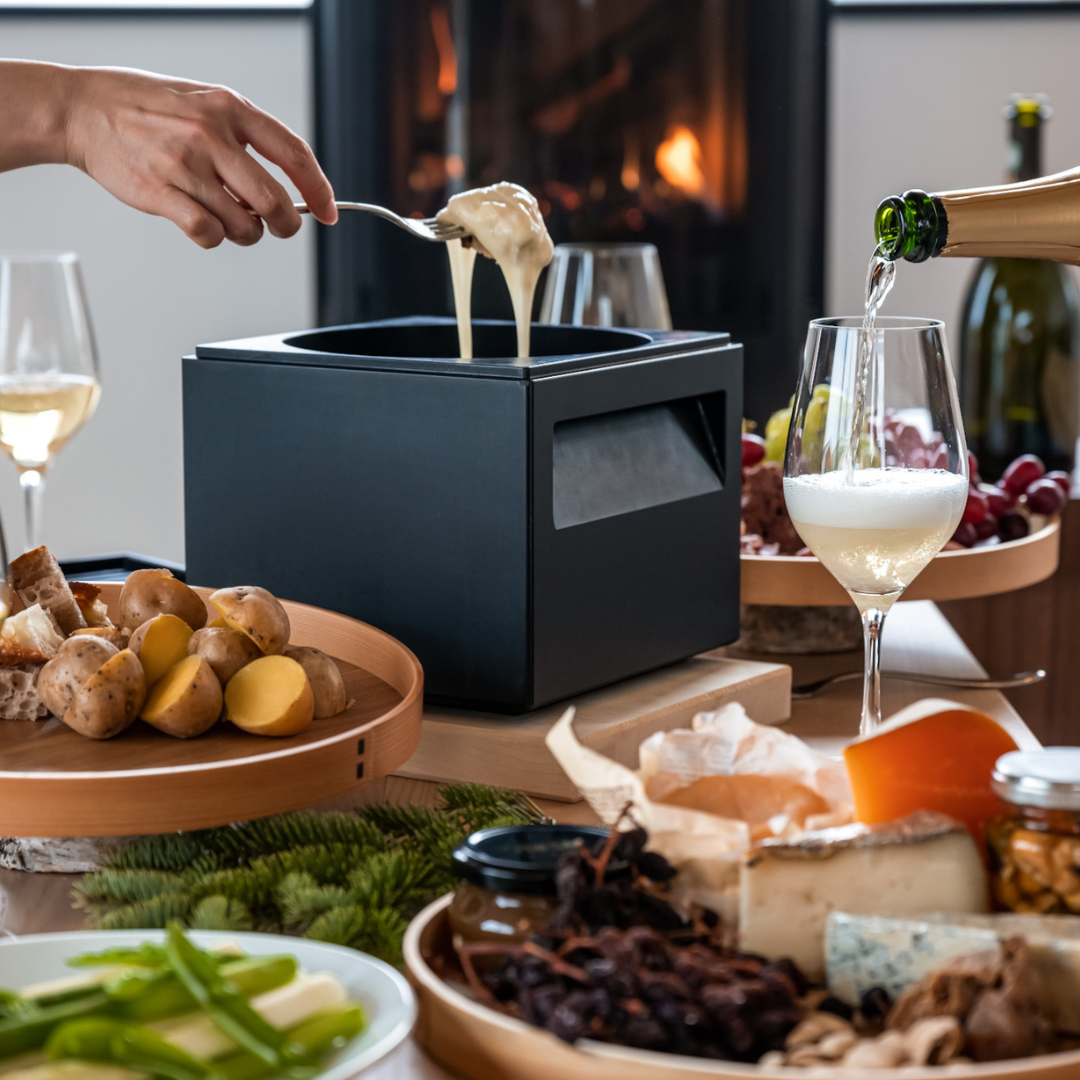Cooking Tips
This Chili Con Carne is an upgraded version of a recipe I’ve been making since my twenties. The key to its rich flavor is slowly sautéing the onions, carrots, and celery until they are soft and fragrant. Another important tip is to take your time browning the meat and bacon to develop a deep, savory taste.

Ingredients (serves 4-5 people | Cooking Time: Approx. 60 minutes*excluding soaking time from the previous day)
|
Instructions
-
Cook the Kidney Beans
Parboil the Kidney Beans (a method where the beans are briefly boiled and the cooking water is discarded). Boil the beans once, then drain the water. Return the beans to the Kakugama, add plenty of fresh water, and bring to a boil. Cover with a lid and simmer on low heat for 20–30 minutes.
- Drain the Beans
Reserve the required amount of cooking liquid and drain the beans in a strainer.
-
Sauté the Aromatics
Heat olive oil in the kakugama, then add garlic and cumin seeds. Once fragrant, add onions, carrots, and celery in sequence, stirring until softened (medium heat). -
Cook the Meat
Remove the sautéed vegetables from the pot. Add more olive oil, then fry the bacon followed by the beef.
-
Simmer the Ingredients
Return the sautéed vegetables to the kakugama. Add red wine and cook until the alcohol evaporates. Then, add the reserved bean cooking liquid, canned tomatoes, and spices. Cover with a lid and simmer on low heat for 15 minutes.

-
Add Final Ingredients
Stir in Hatcho miso and tomato paste, then cover and continue cooking on low heat for another 5 minutes.
-
Season and Serve
Taste and adjust with salt and pepper. Serve on a plate and sprinkle with parsley to finish.
 ★Key Points of Cooking with kakugama One of the most impressive results during testing was how perfectly tender, the beans turned out! The skins remained without mushy, while the inside became soft and flaky. If you struggle with cooking beans, you might be pleasantly surprised by how easy and effective it is with kakugama! |
Pairing: Rosé Wine
With a rich blend of spices, savory meat flavors, and the delightful texture of beans, we chose a light, pure, and subtly elegant South African rosé wine.
Credit:
Recipe created by Miyuki Shigemura (@miyu_25)
Photo by Hayato Noge (@hayato_noge)




